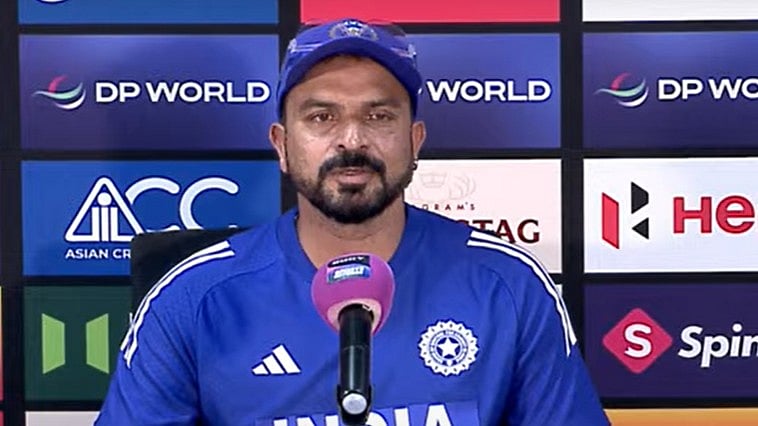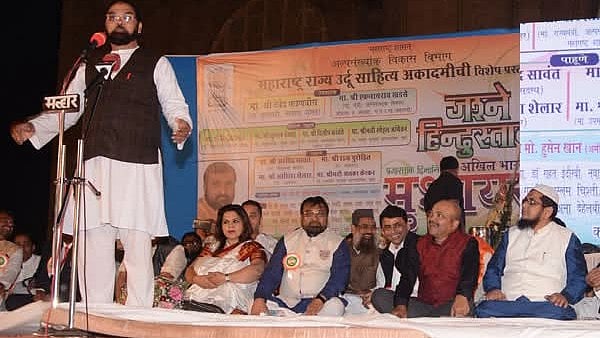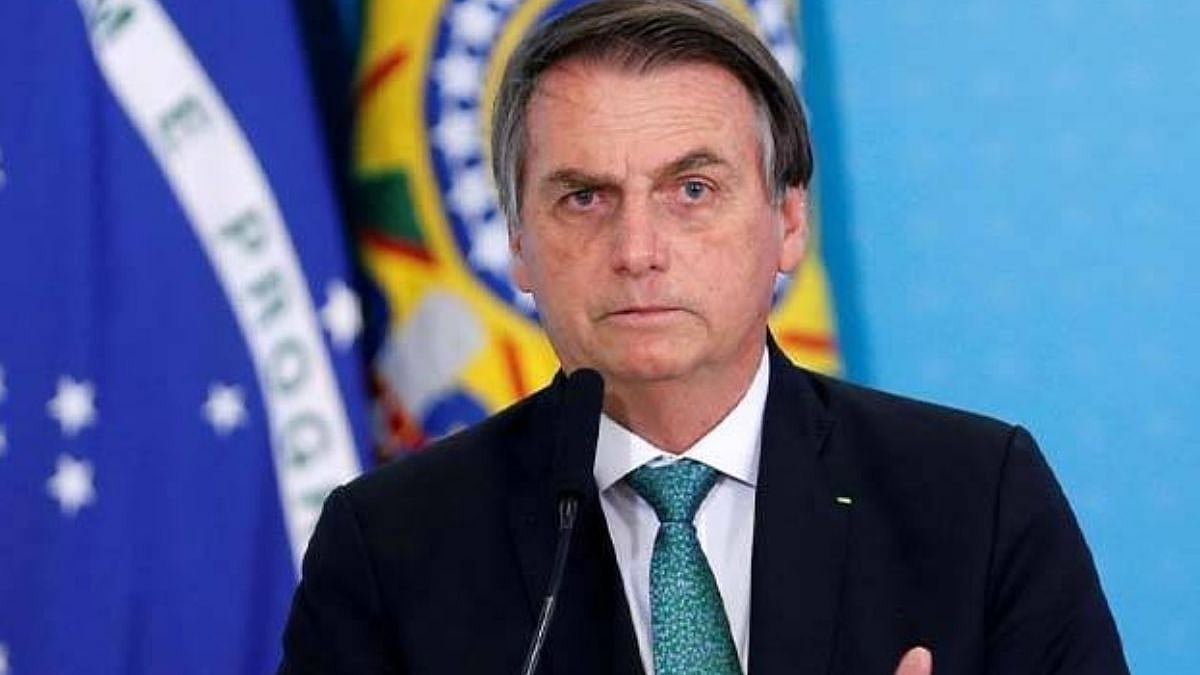The BRICS (Brazil, Russia, India, China, and South Africa) agenda for Oct 22-23 Kazan summit in Russia holds significant importance for India, China, and Russia, both in terms of economic collaboration and geopolitical strategy.
The 2024 BRICS Summit agenda revolves around strengthening multilateralism, boosting trade, and enhancing cooperation in various fields like technology, health, energy, and sustainable development among its member nations—Brazil, Russia, India, China, and South Africa.
Key themes include: Economic Cooperation and Reforming Global Financial Systems: India sees BRICS as a platform to reform global financial institutions like the World Bank and the IMF, ensuring fairer representation for emerging economies.
The bloc’s New Development Bank (NDB) serves as a counterbalance to Western-led financial institutions, providing funding for infrastructure projects across developing nations. As the largest economy in BRICS, China sees the bloc as a vehicle to expand its influence in the Global South and reduce dependency on Western-dominated financial systems.
It actively pushes for using local currencies in trade settlements to challenge the hegemony of the U.S. dollar. Facing sanctions from the West, Russia views BRICS as a crucial alliance to circumvent global isolation. It sees economic cooperation within BRICS, particularly the use of non-dollar currencies in trade, as a way to counteract sanctions and build alternative financial networks.
Geopolitical Balancing: India uses BRICS to balance its geopolitical strategy. While it maintains strong ties with the U.S. and Western nations through alliances like the Quad, India also uses BRICS to foster relationships with Russia and China, preserving its strategic autonomy. India’s emphasis is often on multilateralism and preventing the bloc from being dominated by any single country’s agenda.
For China, BRICS is a way to build a global order that reflects the growing power of emerging economies. While it asserts dominance within the group, China also seeks to build partnerships, particularly with developing nations in Africa and Latin America. The bloc serves China’s broader goals of building influence in multilateral platforms and offering an alternative to U.S.-led global structures.
In the context of growing tensions with the West, BRICS offers Russia an important platform to maintain its global relevance. The bloc strengthens its strategic partnership with China and offers a counterweight to Western-dominated international institutions like NATO and the European Union.
Technology and Innovation: India aims to leverage BRICS for technological cooperation, particularly in areas like digital infrastructure, healthcare, and space technology. BRICS cooperation aligns with India’s aspirations of becoming a global leader in the digital economy and emerging technologies.
China’s dominance in technology, particularly in 5G, AI, and manufacturing, positions it as a leader within BRICS in terms of innovation. The country seeks to establish technology collaborations within BRICS nations, as well as offer expertise in developing smart cities and digital economies. Russia views BRICS as an avenue for collaboration in high-tech sectors, including energy, cybersecurity, and defence technology.
Despite sanctions, Russia remains a key player in cutting-edge technologies like nuclear energy, and BRICS allows it to expand cooperation in these areas. Prime minister, Narender Modi is visiting Russia at the invitation of president, Vladimir Putin, currently chairman of BRICKs which will further cement ties between two nations.
The Summit, themed as "Strengthening Multilateralism for Just Global Development and Security," will provide an important platform for leaders to discuss key global issues.
Energy and Climate Change: Energy security is a core priority for India within BRICS. It looks to the bloc for cooperation on energy diversification, especially in the areas of clean and renewable energy. Climate change mitigation through sustainable development initiatives is also on India's agenda.
China, as the world’s largest energy consumer and producer of renewable energy, sees BRICS as an important platform for advancing its goals in clean energy. It also seeks to consolidate its leadership in climate change diplomacy, using BRICKS to shape global environmental agendas. Russia, a major energy exporter, seeks to bolster its role in global energy markets through BRICS.
The bloc allows Russia to explore new markets and energy projects, particularly in areas like gas and oil, amidst Western sanctions. It also collaborates on climate change and environmental sustainability, although its focus remains largely on maintaining energy security.
Security and Counter-Terrorism: India sees BRICS as a podium to push its counter-terrorism agenda, especially highlighting cross-border terrorism emanating from Pakistan. It calls for greater coordination among BRICS members to combat terrorism financing, cyber threats, and transnational crime.
China uses BRICS to strengthen its security cooperation with emerging economies, including issues like terrorism, cyber security, and regional stability. China’s focus often aligns with promoting its broader Belt and Road Initiative, using security cooperation as a means to protect its investments abroad.
Russia, facing threats from terrorism and cyber warfare, sees BRICS as a key group to collaborate on global security. It aims to deepen ties on issues like military cooperation, intelligence sharing, and countering Western military dominance through BRICS defence initiatives.
South-South Cooperation and Expanding Influence in Global South: India views BRICS as a critical framework to engage with the Global South. It leverages BRICS to expand its influence in Africa and Latin America, offering an alternative development model based on mutual respect and non-interference.
India’s involvement also helps it secure support for its bid for a permanent seat in the UN Security Council. BRICS complements China’s efforts to build strong ties with the Global South, particularly through initiatives like the Belt and Road. The bloc allows China to position itself as a leader among developing nations while advancing its own geopolitical interests in Africa, Latin America, and Asia.
For Russia, BRICS offers a way to assert itself as a key player in the Global South, promoting multi- polarity and countering Western hegemony. It seeks to strengthen relationships with African and Latin American nations through BRICS, especially given its strained relations with the West.
For India, China, and Russia, BRICS serves as a critical platform to push their respective economic, geopolitical, and strategic agendas. While they share common ground on the need for multi-polarity and reforming global governance, each country navigates BRICS with distinct priorities.

For India, it’s about maintaining strategic autonomy and balancing ties between East and West; for China, it’s about expanding global influence; and for Russia, it’s about countering isolation and strengthening alternative global alliances.
(Writer is political analyst and strategic affairs columnist based in Shimla)










